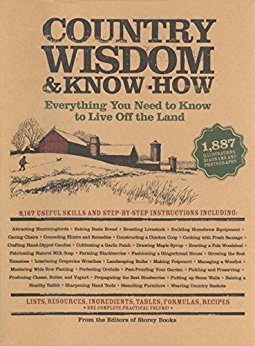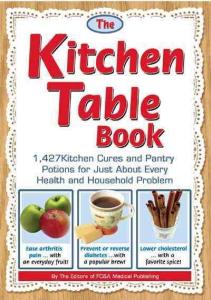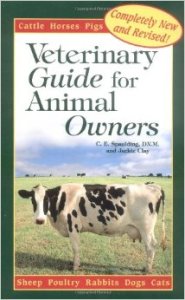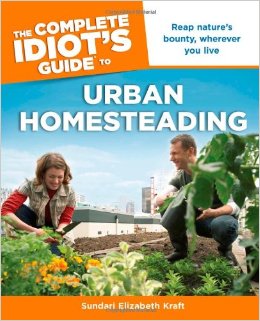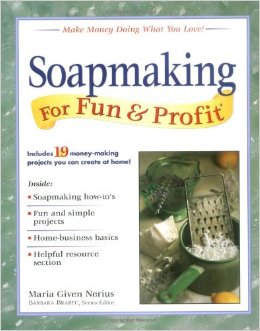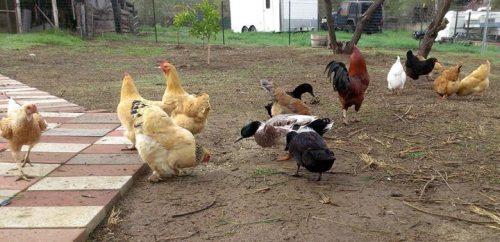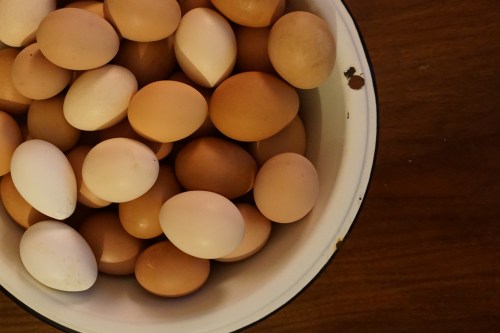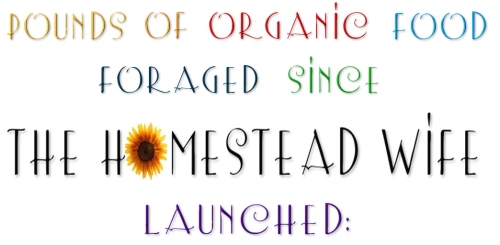
I’m totally heartbroken. Today our little farm lost it’s fearless leader. No, our beautiful, protective rooster didn’t die or runaway from his duties as head of flock. He was targeted and forced out by a complaint driven city ordinance that bans all roosters from our city’s limits.
This rooster was the second generation rooster of our original rooster, Big Red. Our rooster Junior was one of the first to be hatched here on the property and lived here for over 2 years guarding our flock against predators after the death of his father.
Despite having had roosters on our property for over 5 years, this recent action was invoked by a neighbor complaint. We don’t know which one complained or why out of no where us keeping a rooster was suddenly an issue. Honestly it doesn’t really matter. We are devastated by the loss of our wonderful buddy but we are also heartbroken that our neighbor couldn’t come forward and discuss this issue with us first so we could work towards a resolution.
Additionally, we are both deeply upset by the timing of all of this, considering we all spent last week celebrating our nation’s independence and the freedoms that came from it. We as a nation were celebrating ALL freedoms, not just the one we agree with. In a country where people fought and die to protect the sacred right of every individual to have the right to the pursuit of happiness; we are saddened that our neighbor(s) couldn’t see fit to allow us that.
The state of our community needs to be addressed. Adult tattle tailing has become the norm. Here in the Bay Area. It wasn’t enough that our neighbors tattled on us but that the city official that came to our home and demanded our rooster’s departure also demanded that my husband release the addresses of other households harboring roosters. What happens when it’s not roosters but people? Neighbors turned their own neighbors over to the Nazis too and that was all done under city ordinances. So just because ordinances are in places doesn’t mean that they are right or lawful.
We put up with a lot to live here. That’s just our personal stance. We’d rather put up with it than have someone else tell us what to do on my own property. When you or anyone tries to regulate others, ultimately they do nothing more than open themselves to unnecessary regulation. Our gut tells us that this event wasn’t about the rooster, but more about someone else’s ego and their petty need for control. It’s more likely that this was about some other unspoken “grievance” that perhaps wasn’t against a city ordinance.
We hope that the rooster rescue that took Junior in today is truly a rescue and not just some meat factory where he will be lead to slaughter or worse an underground cock fighting ring. We will never know. We do know that roosters are exceptionally hard to find homes for and if he does manage to find a new home it won’t come quick or easy. We wish him the best and hope his story has a happy ending.
We are also now left to fear for the safety and well being of our remaining flock for without him, who will protect them from coyotes, warn them danger or nudge them into bed when it’s time. Our initial flock of 10 was all but one wiped out completely by coyotes in one late night attack and we know it will only takes minutes for it to happen again.
For some he was just a rooster, for us he was a vital part of our family and an integrated piece of our mini farm. He will forever be missed.


